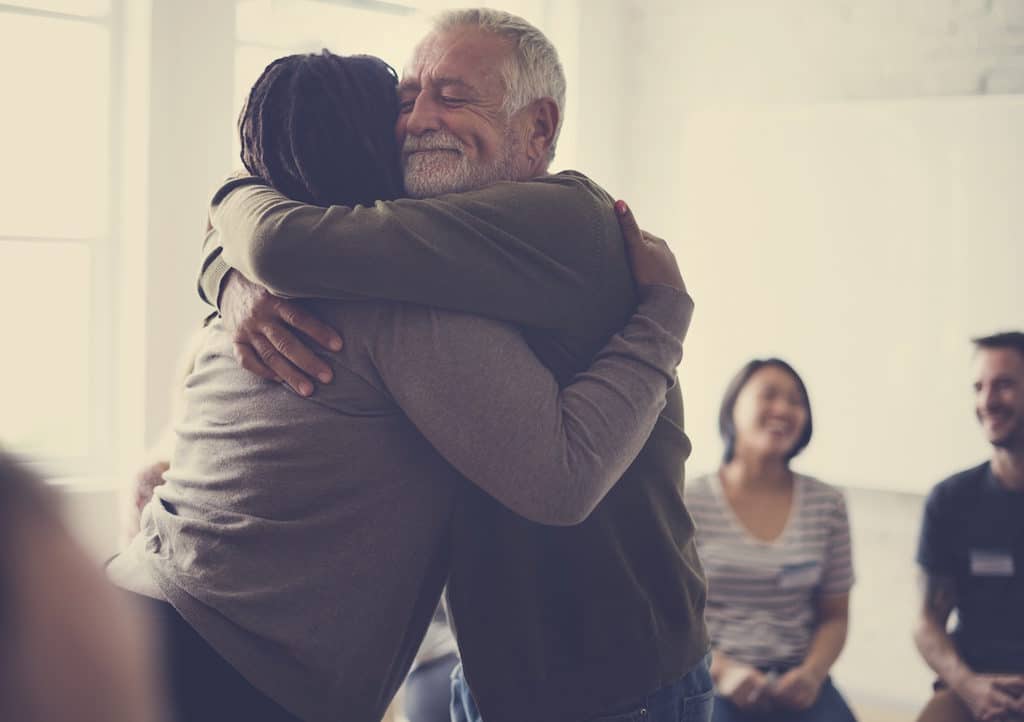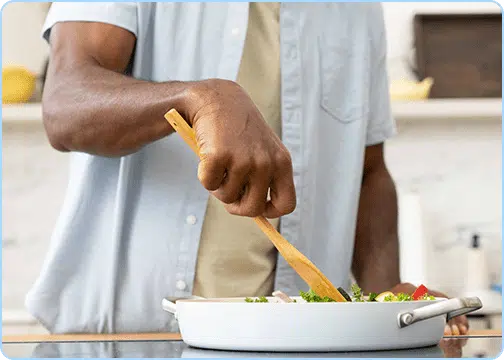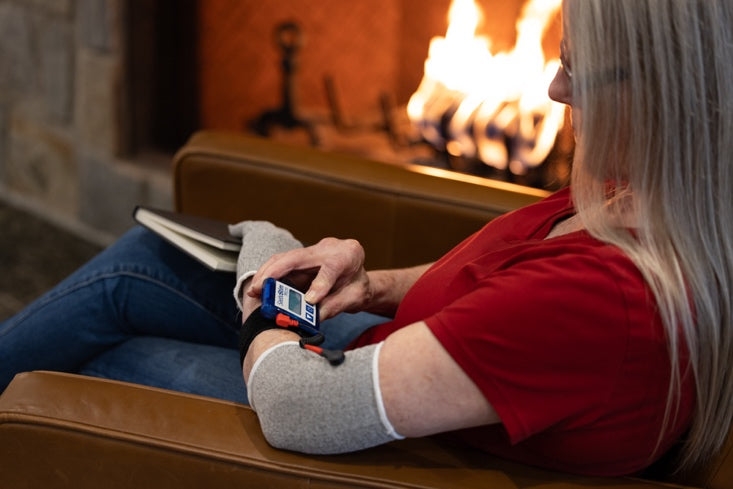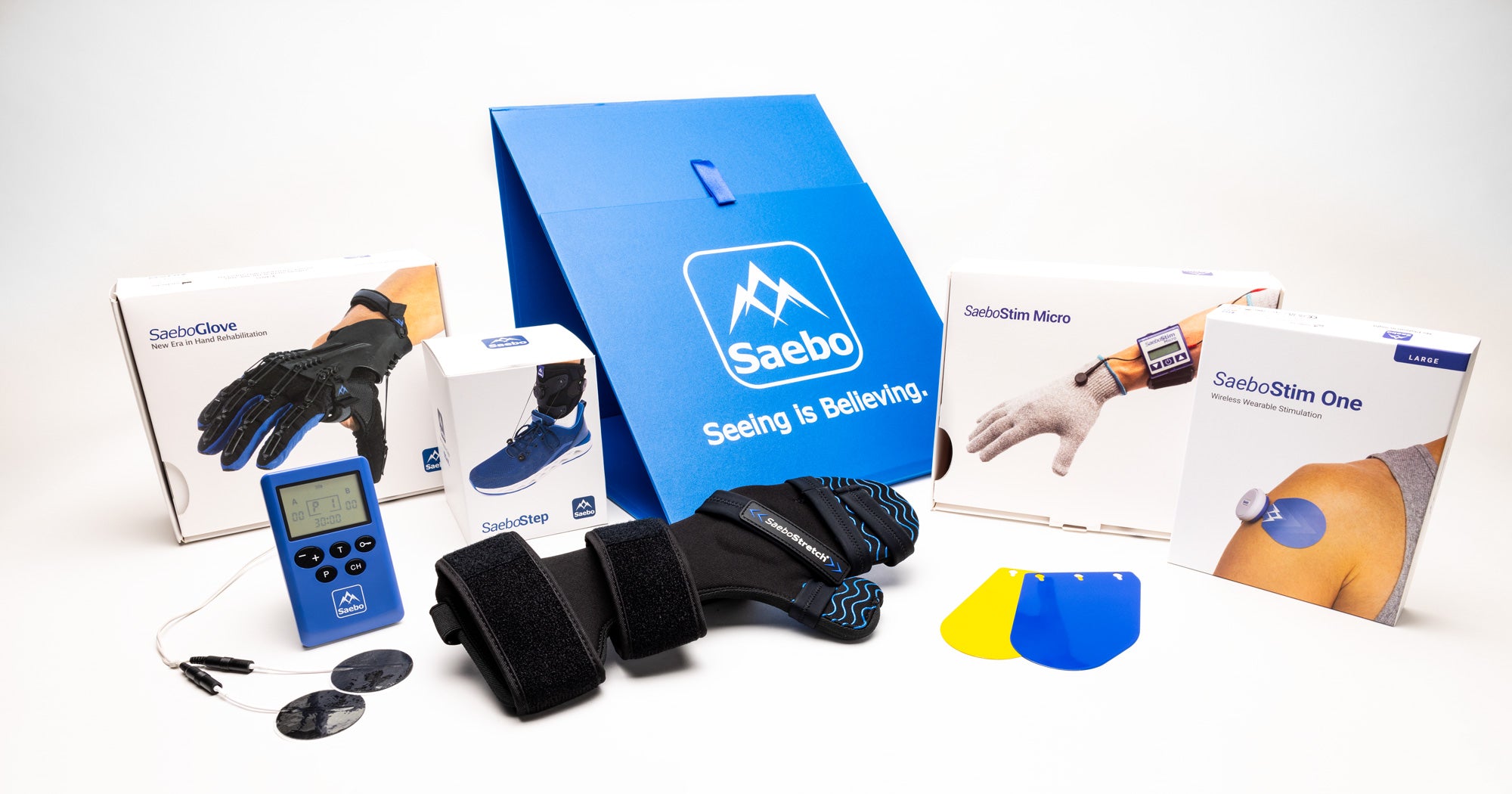How to Support a Loved One Who Had a Stroke

Educate Yourself

No two strokes are the same in the ways that they affect a person. It's important for you to know everything you can about your loved one's specific conditions before you attempt to help with recovery.
The first few weeks after a stroke are the most critical for knowledge. You'll likely encounter a lot of medical information, and some of it can be confusing. It's important to take in every piece of knowledge you can, so that you can work to provide your loved one with the best, most thorough care and support possible. Support groups can be especially helpful in explaining confusing terminology to people in support systems, as well as let you listen to the experiences of others. Many hospitals offer these for free. You'll likely find comfort in the socialization that support groups provide with others who are in a similar situation.
Learn How to Communicate

Many stroke victims suffer from problems that affect their speech and language, like dysarthria or aphasia. This can be emotionally draining for the victim and can create boundaries between those he or she needs to communicate with, like you.
You'll likely need to learn new ways to communicate with your loved one so you can understand, and relay, his or her needs. There are, fortunately, several strategies you can use to communicate, like writing or drawing, verbal expressions, gestures, or a computer communication system.
Offer Emotional Support

More than 50 percent of stroke victims suffer from depression within a year after their stroke. The recovery process can be severely hindered, both physically and emotionally, by a patient's depression. It's important to treat depression as soon as possible so your loved one can move forward with recovery. You are an integral part of this process, helping to ensure that your loved one knows his or her thoughts are valid and that he or she is not alone.
Again, a support group can help tremendously in providing you with ideas for supporting the emotions of your loved one during this difficult stage in his or her life. People who are going through the process, or have been through it, can share what's worked for them and give you some tips. Saebo’s patient stories are a great place to start when looking for stories from other stroke survivors.
Share books, magazines, or articles with your loved one, with inspirational stories from other stroke survivors. Share what you learn in your support group. Then, encourage your loved one to express his or her own emotions. It will be a healthy release and will show that you're there to listen.
Support Their Caregiver

The caregiver of a stroke victim can easily feel alone, as if the victim's recovery relies solely on him or her. Caregivers may feel exhausted, stressed, and worried, yet have difficulty expressing their feelings to others who don't understand. Suddenly entering into a caregiver role and feeling as though there’s no support can be draining.
If you're not the primary caregiver of the stroke victim, offer support to the person who is. Doing so will create a strong support team for your loved one, which can ease anxieties and take some stress off the caregiver. Bring him or her a home-cooked meal, offer to take your loved one to an appointment, or lend an ear to listen.
Support is Key to Recovery

Often, a stroke patient's success with recovery relies heavily on the support of those around him or her. Without the proper emotional support, it can be difficult for a stroke victim to overcome concerns about the present and the future.
Provide emotional support to your loved one by educating yourself about the recovery process and how to best support him or her. Be open to new ideas, and offer your ear to listen. Additionally, learn what you can do for your loved one's caregiver to support his or her decisions and relieve some of the stress.
All content provided on this blog is for informational purposes only and is not intended to be a substitute for professional medical advice, diagnosis, or treatment. Always seek the advice of your physician or other qualified health providers with any questions you may have regarding a medical condition. If you think you may have a medical emergency, call your doctor or 911 immediately. Reliance on any information provided by the Saebo website is solely at your own risk.



